UNC Annual Conference and networking and learning week and launch of the Water Institute at UNC
October 25 and 26, 2010
The University of North Carolina at Chapel Hill
Chapel Hill, NC, USA
Water and Health: Where Science Meets Policy will bring together experts
from academia, industry, non-governmental organizations, government and
foundations to provide an interdisciplinary perspective spanning science,
policy, practice and economics. The Conference will consider drinking water
supply, sanitation, hygiene and water resources with a strong public health
emphasis. The Conference will deal with critical concerns relevant to both
the developing and developed worlds.
You are invited to attend Water and Health: Where Science Meets Policy, to
be held at UNC’s Friday Center for Continuing Education. Organized jointly
by the Water Institute and the Institute for the Environment of the
University of North Carolina at Chapel Hill, this conference will provide a
unique opportunity for those working at the intersections among water,
health and sustainable development. About 250 attendees are expected, drawn
from an international audience.
The Conference will also mark the public launch of UNC’s new Water
Institute, directed by Jamie Bartram, formerly of the World Health
Organization.
The Conference structure includes plenary sessions, paper presentations and
workshop sessions. Special sessions will deal with major developments in
international water, health and development such as the Millennium
Development Goals.
Main Conference themes include:
- What works in water and health?
- Financing for water and development
- New challenges and climate change
- Watershed protection and freshwater availability
- Vulnerability to climate and land use change
- Innovations and emerging trends
- Technology and management
- Monitoring and Evaluation
- Health systems and WatSan
- Impact and sustainability
- Frontiers of regulation
- Small systems
- Beaches and coastal areas
- Household water treatment and hygiene behaviors
- Water scarcity, reuse
Networking space will be available the weekend prior to the Conference
(October 23 and 24, 2010) for groups wishing to take advantage of the
Conference to meet with new and established members.
For registration information, and information on conference logistics, visit
http://www.ie.unc.edu/content/news_events/symposia/2010/index.cfm .
Presenters may submit an abstract for a proposed paper. Abstracts are due on
May 15, 2010 and should consist of a 300-500 word description of the
presentation, summarizing the objectives, significance, and key findings.
Abstracts should be submitted electronically through the symposium’s
website, http://www.ie.unc.edu/content/news_events/symposia/2010/index.cfm .
Presenters will be notified by 1st July, 2010 if their submission has been
accepted. All presenters will be invited to prepare a written paper which
will be due on October 15, 2010. All accepted papers and posters will be
published through the Conference Web site; and selected papers passing peer
review channeled to peer review journal publication.
The language of the symposium will be English.
For further details, please email wh2010@unc.edu, or call (919) 843-5738.
Source: Joe LoBuglio, The Water Institue at UNC, via Email

